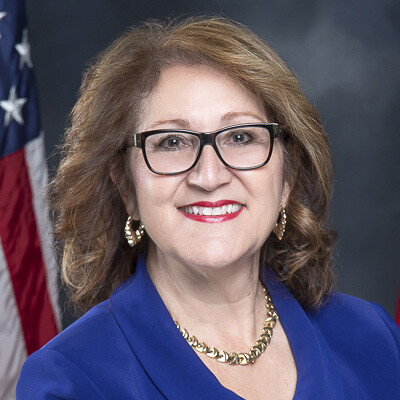See AB 126 in the Tracker. AB 241 has been transitioned by the legislature to be embodied in a budget bill.
Existing law:
- Establishes the Clean Transportation Program, administered by the California Energy Commission (CEC), to provide funding to certain entities to develop and deploy innovative technologies that transform California’s fuel and vehicle types to help attain the state’s climate change policies;
- Requires the CEC to give preference to those projects that maximize the goals of the program based on specified criteria and to fund specified eligible projects, including, among others, alternative and renewable fuel projects to develop and improve alternative and renewable low-carbon fuels;
- Creates the Alternative and Renewable Fuel and Vehicle Technology Fund, to be administered by the CEC, and requires the moneys in the fund, upon appropriation by the Legislature, to be expended by the CEC to implement the program.
This bill would:
- Expand the purpose of the program to include developing and deploying innovative technologies that transform California’s fuel and vehicle types to help reduce criteria air pollutants and air toxics;
- No longer require the CEC to provide certain project preferences;
- Provide that the goals of the program shall be to advance the state’s clean transportation, equity, air quality, and climate emission policies and would require the CEC to ensure program investments support specified requirements;
- Require the CEC, on and after January 1, 2025, to expend at least 50% of the moneys appropriated to the program on programs and projects that directly benefit or serve residents of disadvantaged and low-income communities and low-income Californians, and would require at least 50% of funding for tangible location-based investments to be expended in disadvantaged and low-income communities.
Existing law:
- Establishes the Air Quality Improvement Program under the administration of the State Air Resources Board (ARB) for the purpose funding air quality improvement projects relating to fuel and vehicle technologies. The primary purpose of the program is to fund projects to reduce criteria air pollutants, improve air quality, and provide funding for research to determine and improve the air quality impacts of alternative transportation fuels and vehicles, vessels, and equipment technologies;
- Establishes a list of projects eligible for funding under the program. Existing law creates the Air Quality Improvement Fund, and requires the state board to expend the moneys in that fund, upon appropriation by the Legislature, to implement the Air Quality Improvement Program.
This bill would instead provide that the purpose of the program is to fund air quality improvement projects relating to zero-emission fuel and vehicle technologies and that the primary purpose of the program is to fund projects to reduce criteria air pollutants in the logistics, trucking, and port sectors, improve air quality in nonattainment basins, and improve the air quality impacts of zero-emission transportation fuels and vehicles, vessels, and equipment technologies. The bill would also revise the list of projects eligible for funding under the program.
Existing law, until January 1, 2024, increases vehicle registration fees, vessel registration fees, and specified service fees for identification plates by a specified amount. Existing law requires the revenue generated by the increase in those charges to be deposited in the Alternative and Renewable Fuel and Vehicle Technology Fund and either the Air Quality Improvement Fund or the Enhanced Fleet Modernization Sub-account, as provided. Existing law also, until January 1, 2024, imposes on certain vehicles a smog abatement fee of $20, and requires a specified amount of this charge to be deposited in the Air Quality Improvement Fund and in the Alternative and Renewable Fuel and Vehicle Technology Fund.
This bill would extend those charges in the amounts required to make those deposits until January 1, 2035, thereby imposing a tax.(4) This bill would include a change in state statute that would result in a taxpayer paying a higher tax within the meaning of Section 3 of Article XIII A of the California Constitution and thus would require for passage the approval of two-thirds of the membership of each house of the Legislature.
Full bill text and related information
Bill Author

